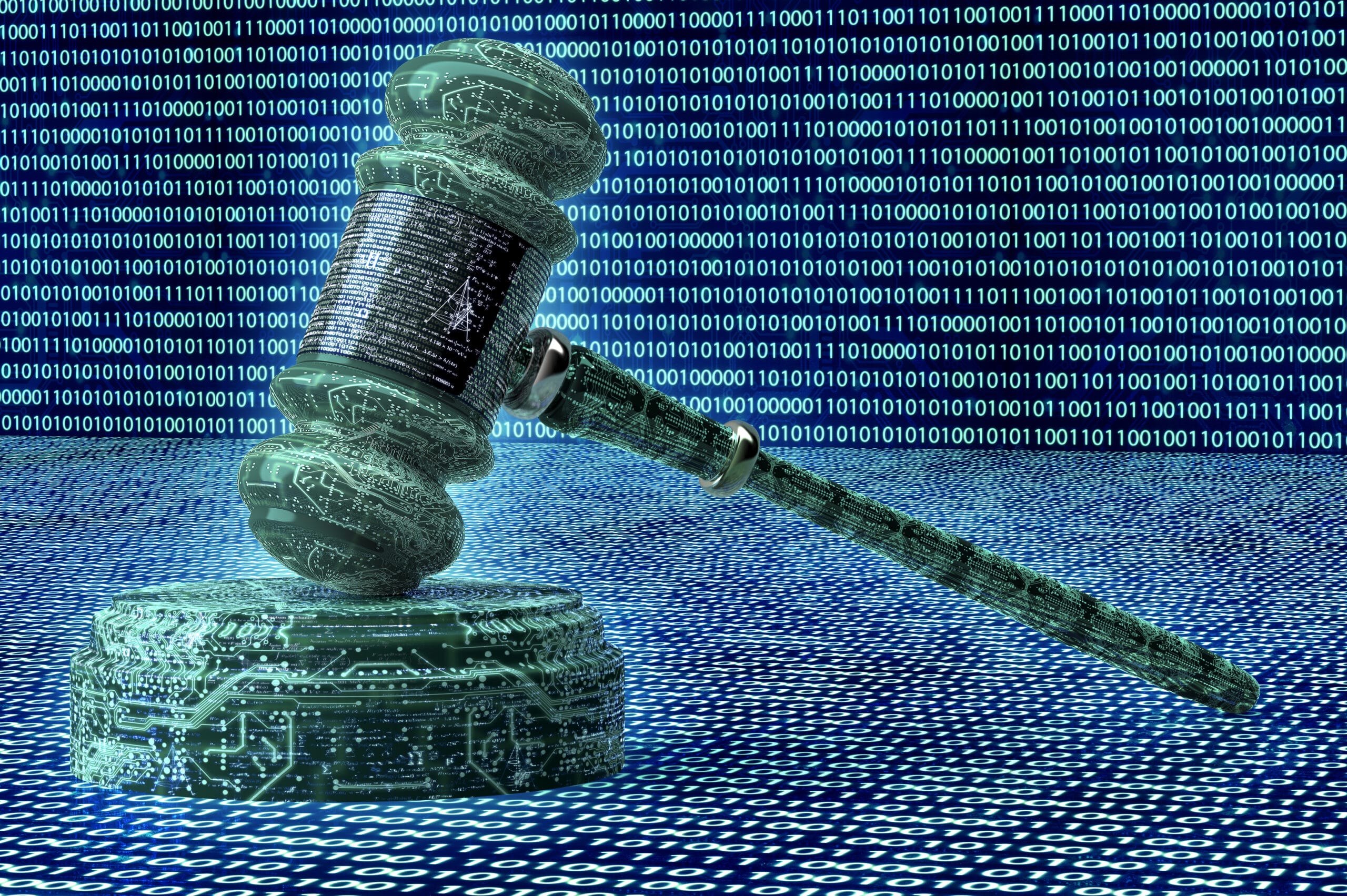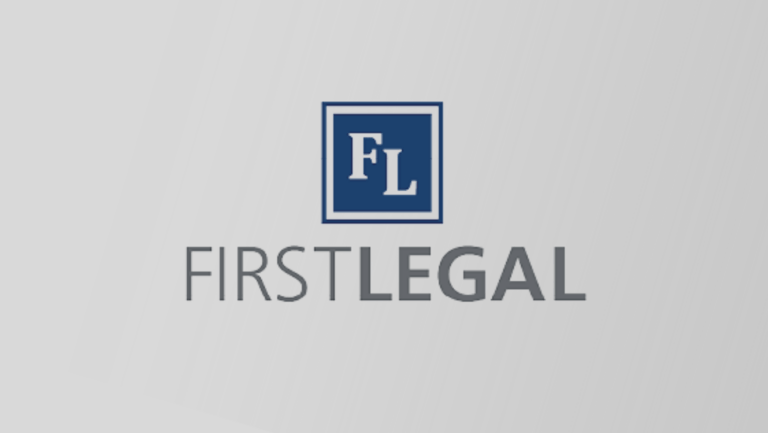In today’s data-driven world, organizations face increasingly complex challenges when it comes to preserving electronic and physical records, including preservation and litigation holds, during legal proceedings. Failure to implement proper preservation measures can have significant legal and financial consequences. In this blog post, we’ll explore the far-reaching impacts of inadequate preservation and the importance of getting it right.
Spoliation Sanctions
One of the most immediate and severe consequences of inadequate preservation is the risk of spoliation sanctions. Spoliation refers to the destruction, alteration, or failure to preserve evidence that is relevant to ongoing or anticipated litigation. Courts take spoliation seriously and may impose sanctions, which can include fines, adverse inferences, or even case dismissal. These sanctions can have a devastating impact on the outcome of a legal case.
Adverse Judgments
Inadequate preservation can lead to a lack of crucial evidence, weakening a party’s position in litigation. Without access to vital information, organizations may find it challenging to present a compelling case, potentially resulting in adverse judgments that can have long-lasting financial and reputational consequences.
Legal Costs
Inadequate preservation often leads to protracted legal battles. The longer a case drags on, the higher the legal costs become. This can include attorney fees, court costs, and expenses related to discovery and evidence gathering. These costs can quickly escalate, placing a significant financial burden on organizations.
Reputational Damage
Legal disputes that result from inadequate preservation can harm an organization’s reputation. Negative publicity and public perception can impact customer trust and investor confidence, potentially leading to decreased revenue and financial setbacks.
Regulatory Penalties
Inadequate preservation can also lead to regulatory penalties. Various industries are subject to specific data retention and preservation regulations. Failing to comply with these regulations can result in fines and legal action by regulatory authorities.
E-Discovery Challenges
Inadequate preservation can complicate the e-discovery process, which is the identification, collection, and production of electronically stored information (ESI) for legal proceedings. When data is poorly preserved, e-discovery becomes more time-consuming and costly, further exacerbating legal and financial burdens.
Data Security Risks
Inadequate preservation may expose sensitive data to security risks. Without proper safeguards, preserved data may be vulnerable to breaches or unauthorized access, leading to additional legal liabilities and financial losses.
Loss of Competitive Advantage
Legal disputes that result from inadequate preservation can divert valuable resources away from core business activities. This diversion can hinder an organization’s ability to compete effectively in the market, potentially leading to a loss of market share and revenue.
Impact on Insurance Coverage
Inadequate preservation can affect an organization’s ability to secure insurance coverage for legal disputes. Insurance providers may deny coverage if they determine that the organization failed to take reasonable steps to preserve evidence.
Strained Relationships
Legal disputes stemming from inadequate preservation can strain relationships with customers, partners, and vendors. The uncertainty and disruptions caused by litigation can negatively affect business relationships, potentially leading to the loss of valuable business connections.
In conclusion, the legal and financial consequences of inadequate preservation are substantial and wide-ranging. Organizations must prioritize proper data preservation practices to mitigate these risks. This includes implementing clear preservation policies, using advanced technology for data management, and seeking guidance from legal support professionals when navigating preservation challenges.
By doing so, organizations can safeguard their financial stability, protect their reputation, and ensure compliance with legal obligations in an increasingly litigious business environment. Contact First Legal today and we can help you avoid the aforementioned consequences..
Related posts:
Top Challenges in Implementing Preservation and Litigation Holds
Preservation and Litigation Holds in the Digital Age: Navigating Email, Social Media, and Cloud Data




